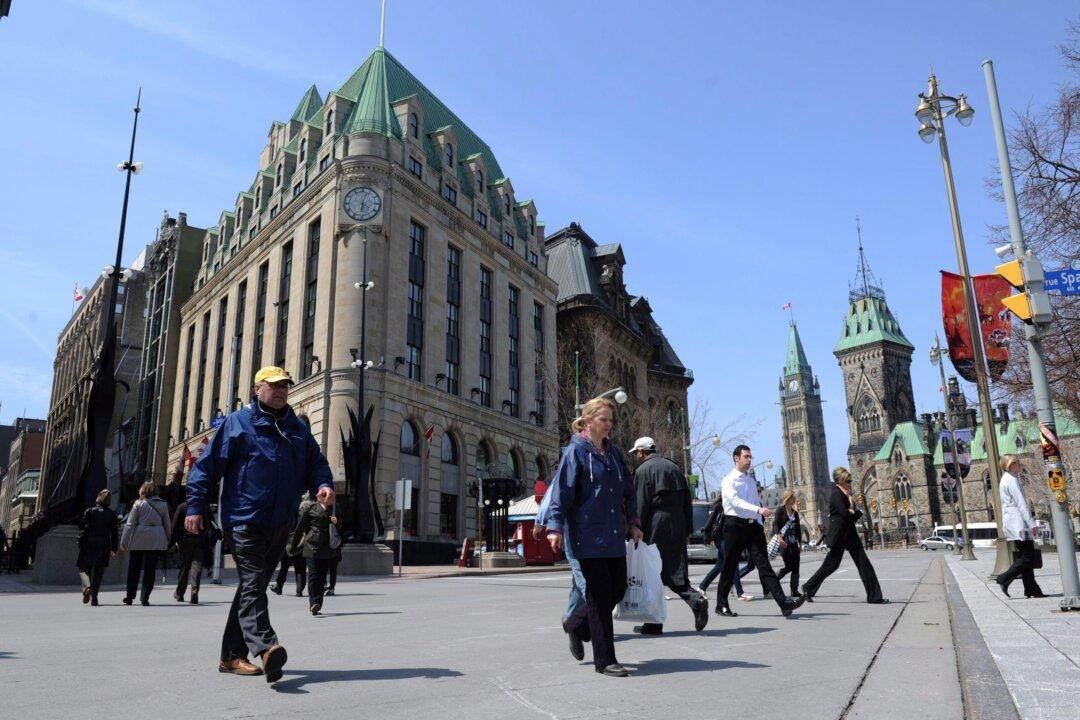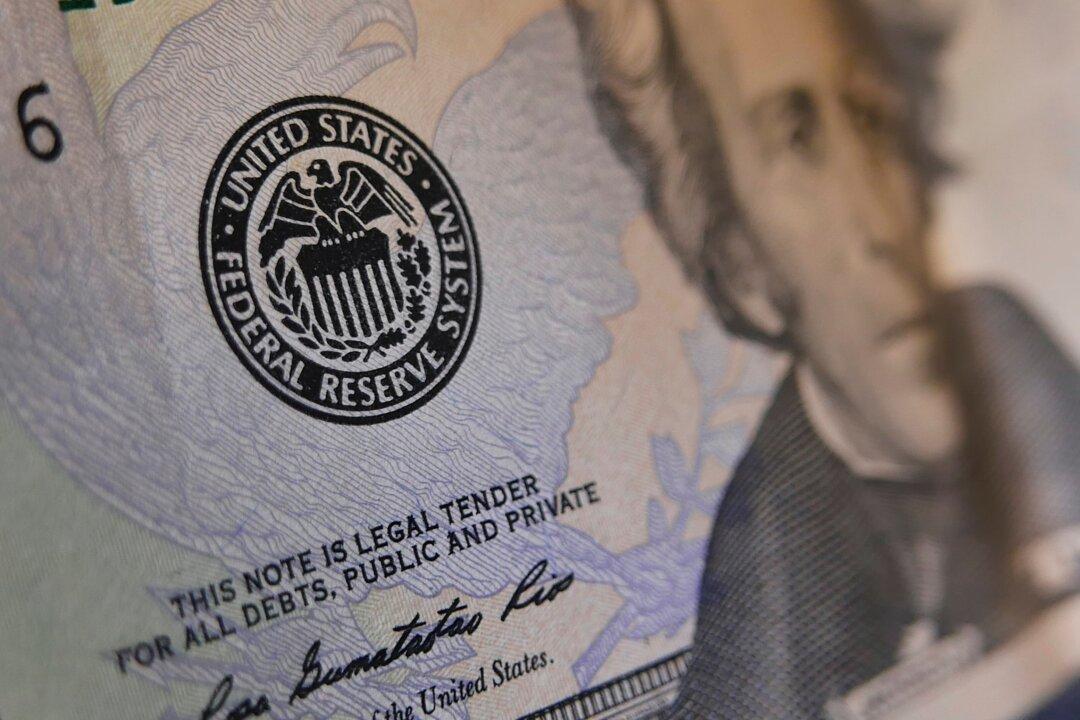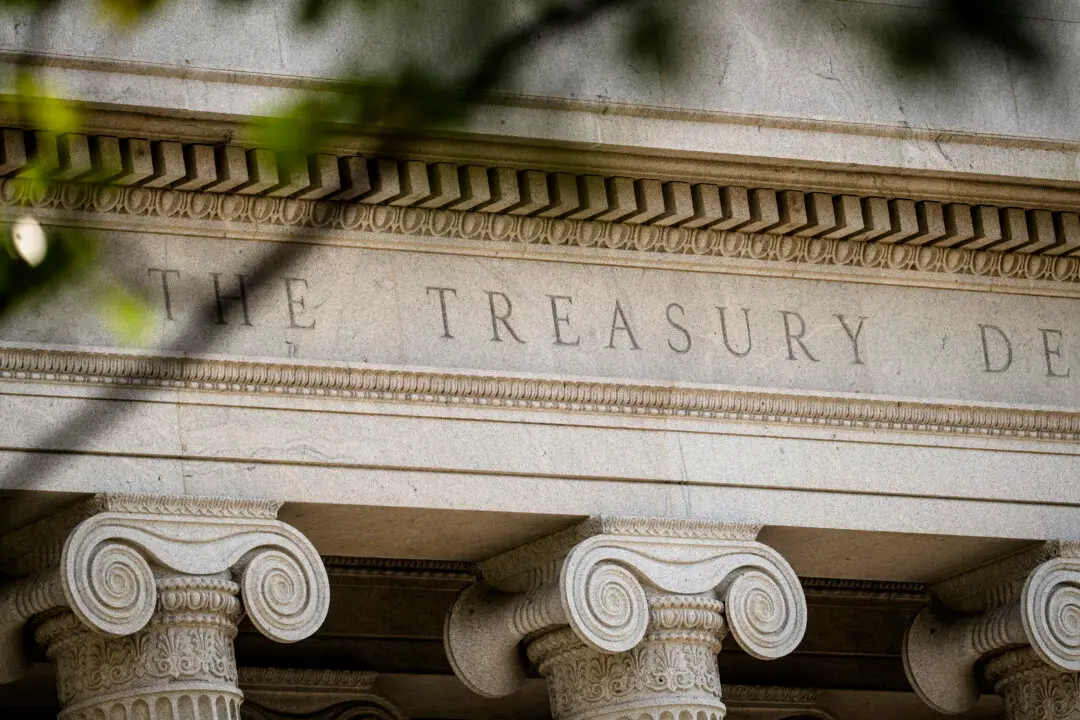Commentary
Canada’s Consumer Price Index rose to 4 percent annualized to the end of August from 3.3 percent in July. This figure is far above the June number of 2.8 percent.
Inflation may not be accelerating as much as these figures would indicate, but price pressures remain sticky despite government assurances that we would be returning to the under 2 percent target. The June figure of 2.8 percent, in retrospect, was met with deserved incredulity. The CPI was expected to rise to 3.8 percent but the market was still surprised. The Government of Canada 10-year yield initially rose about 10 basis points, getting close to 3.9 percent.
Food inflation remains a serious issue for average Canadians. However, grocery prices fell 4 percent in August. The annual grocery component of CPI was 6.9 percent in August compared to 8.5 percent in July. I suspect most food shoppers might dispute this figure.
Canadians also appear to be leaving high-end food markets, to an extent, in favour of cheaper alternatives. Dollarama’s stock price is up about 25 percent as people try to stretch their incomes that, for most, are lagging the increase in the cost of living.
The federal government has been under pressure to alleviate Canada’s current economic difficulties. They realize this as the Liberal Party has plummeted in the polls. Their apparent solution was to engage in Kabuki theatre and call senior executives of grocery chains into a meeting with federal officials and threaten them with new taxes. Of course, anyone with a high school senior’s understanding of economics and accounting realizes that grocery executives do not print money, nor do they have any control over most input prices. Frankly, a tax on grocery chains is either an empty threat to placate voters or yet another tax grab. Any taxes would be passed on to the consumer and worsen the present situation.





